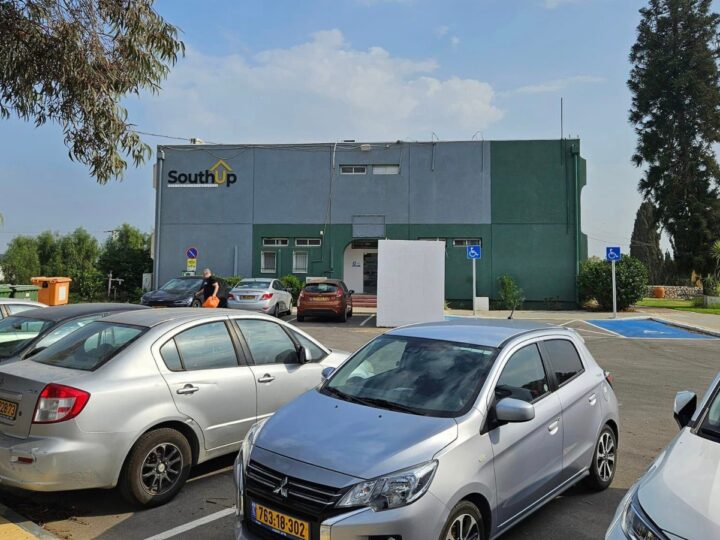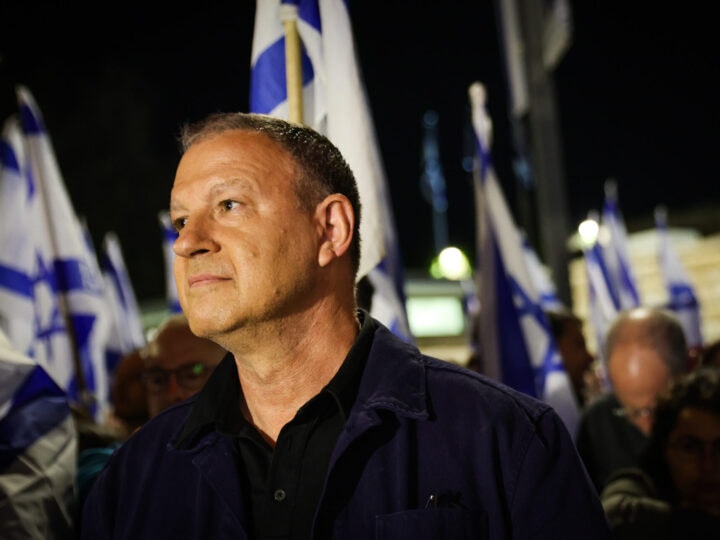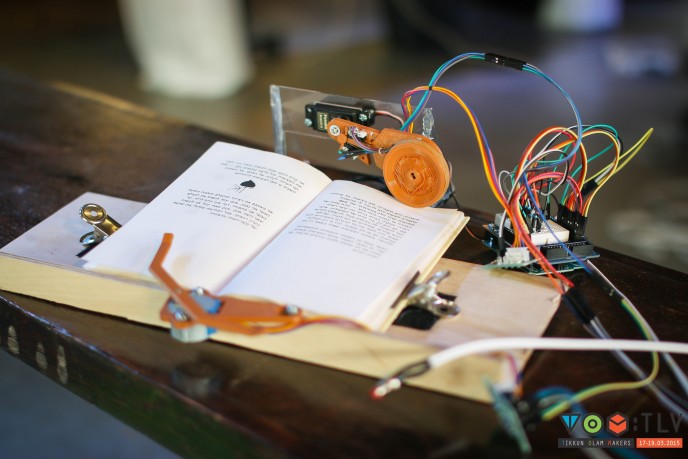
For three days in Tel Aviv, a group of innovators and makers recently took part in a unique marathon geared to producing affordable and cutting-edge products that will significantly improve the lives of people living with disabilities.
The TOM:TLV make-a-thon brought together technologists, designers, therapists, and people with disabilities who developed ideas and products that address the challenges of people living with disabilities, their family members, and health-care professionals.
Participants had access to 3D printers, laser-cutting machines, and CNC machines (computer-operated milling devices). They built models and prototypes of aids for people with disabilities that organizers intend to develop for widespread use in the near future.
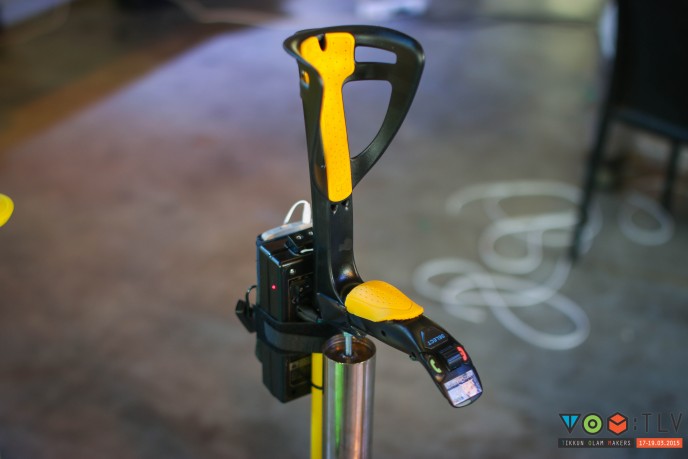
(Photo credit: ZOA Productions)
TOM (Tikkun Olam Makers), an initiative of the Reut Institute and ROI Community, is a movement of makers, technology developers, and innovators who seek to solve unmet social challenges in disadvantaged communities and nations, fulfilling the traditional Jewish value of Tikkun Olam – repairing the world.
The Ruderman Family Foundation, who is spearheading innovative efforts to include people with disabilities throughout the global Jewish community, joined TOM:TLV as a strategic partner, with the hope of producing affordable and cutting-edge products that will significantly improve the lives of people living with disabilities.
The most recent event focused on product development teams to help people with disabilities be more independent and get more involved in their communities.
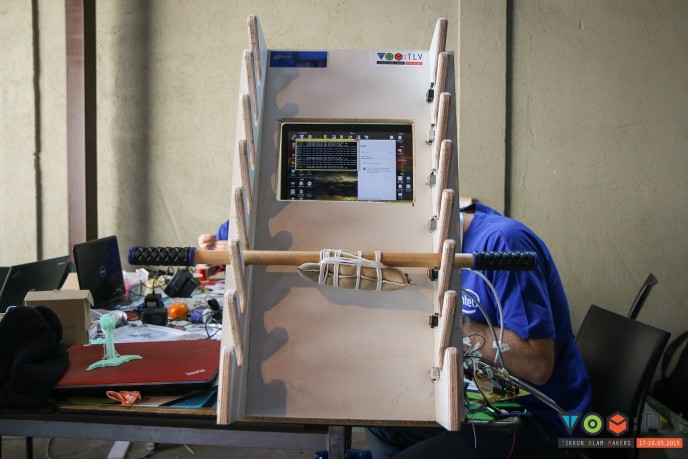
Fighting for Israel's truth
We cover what makes life in Israel so special — it's people. A non-profit organization, ISRAEL21c's team of journalists are committed to telling stories that humanize Israelis and show their positive impact on our world. You can bring these stories to life by making a donation of $6/month.






